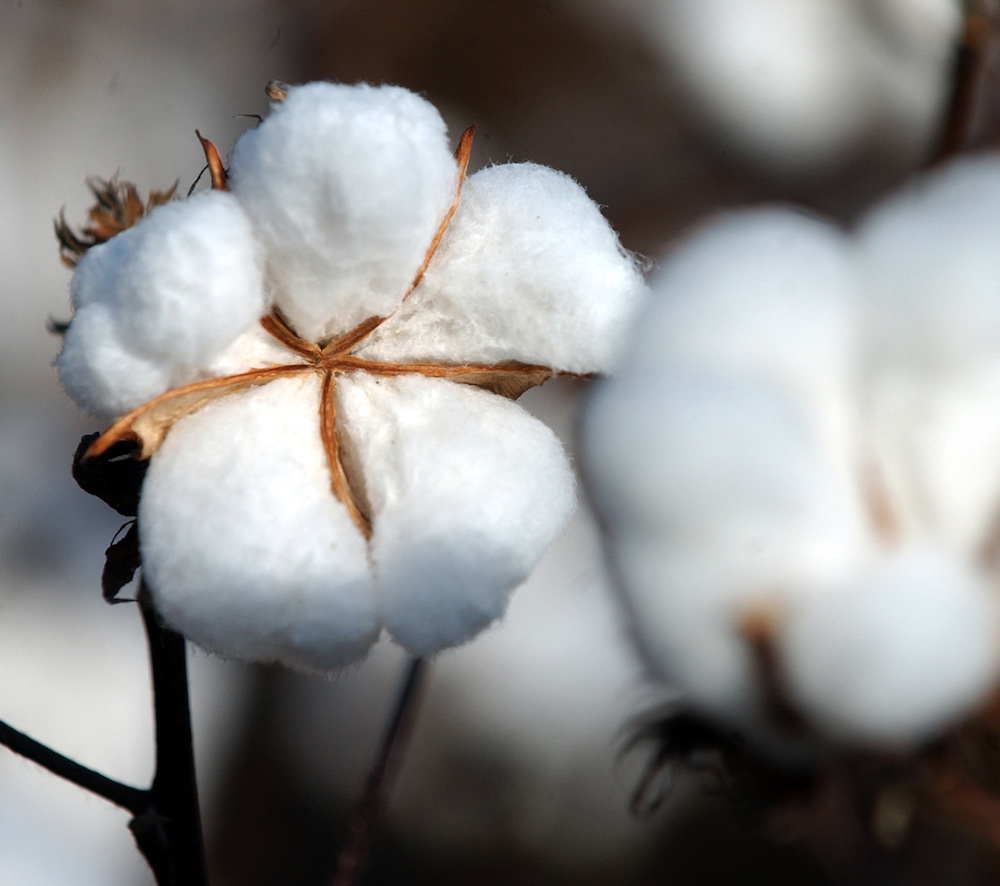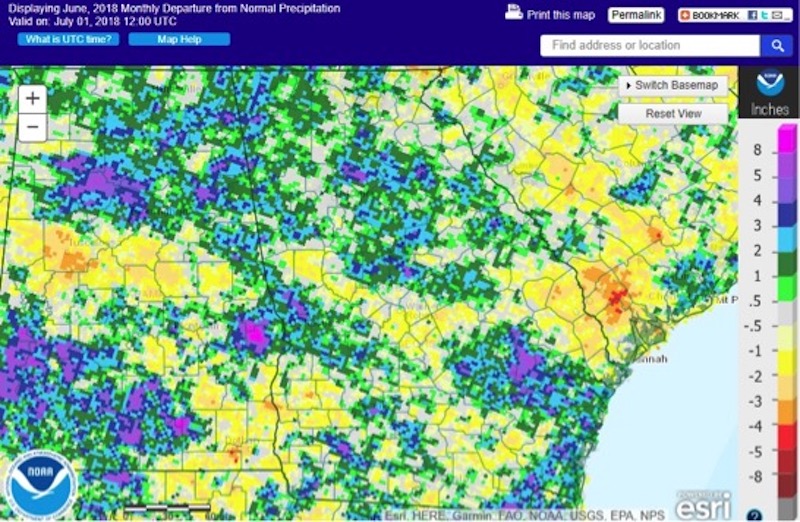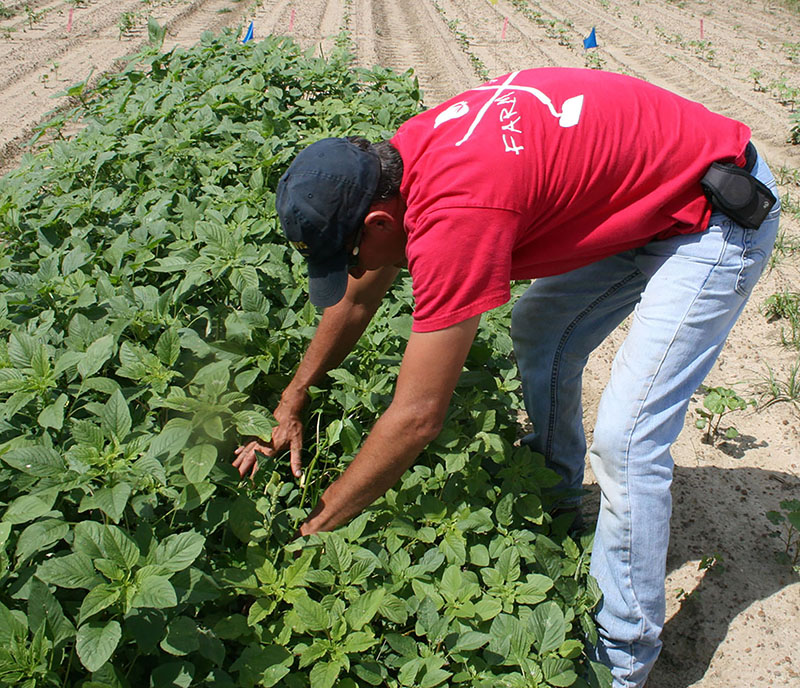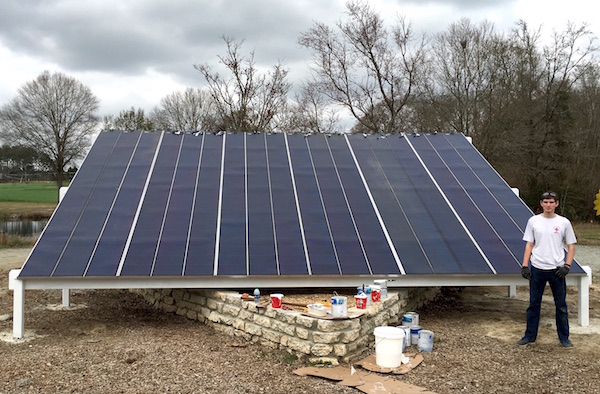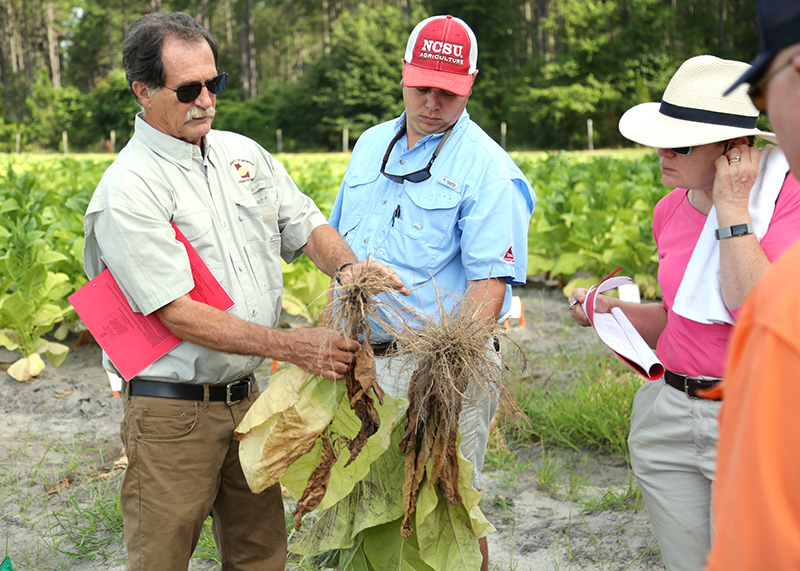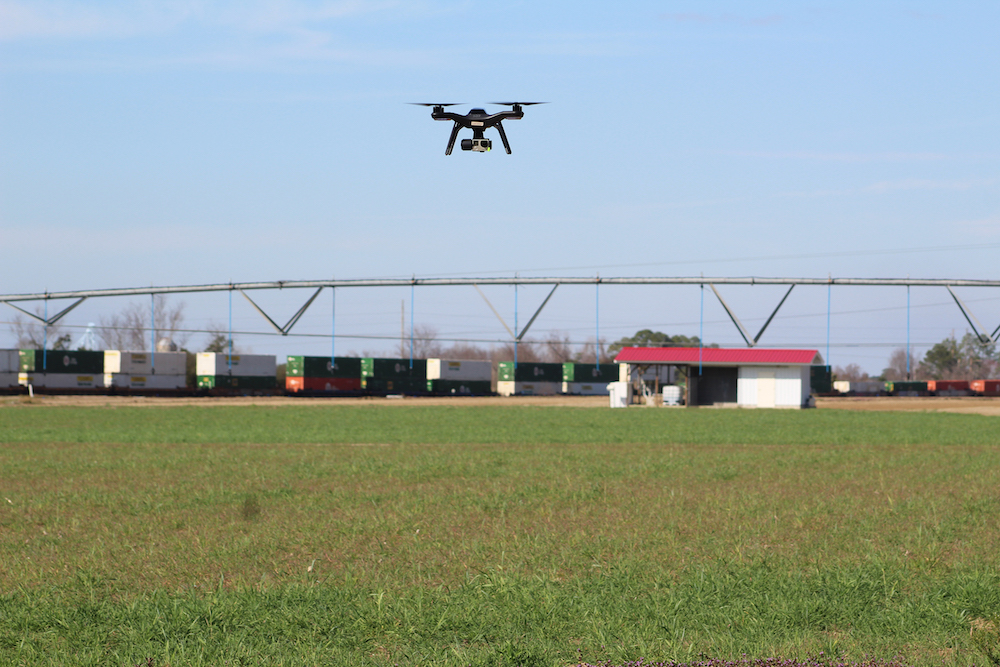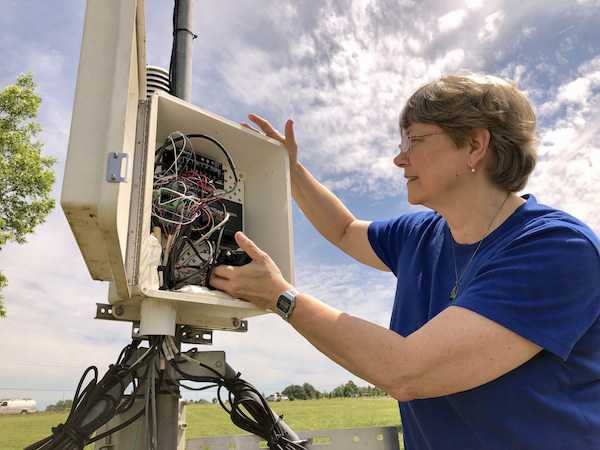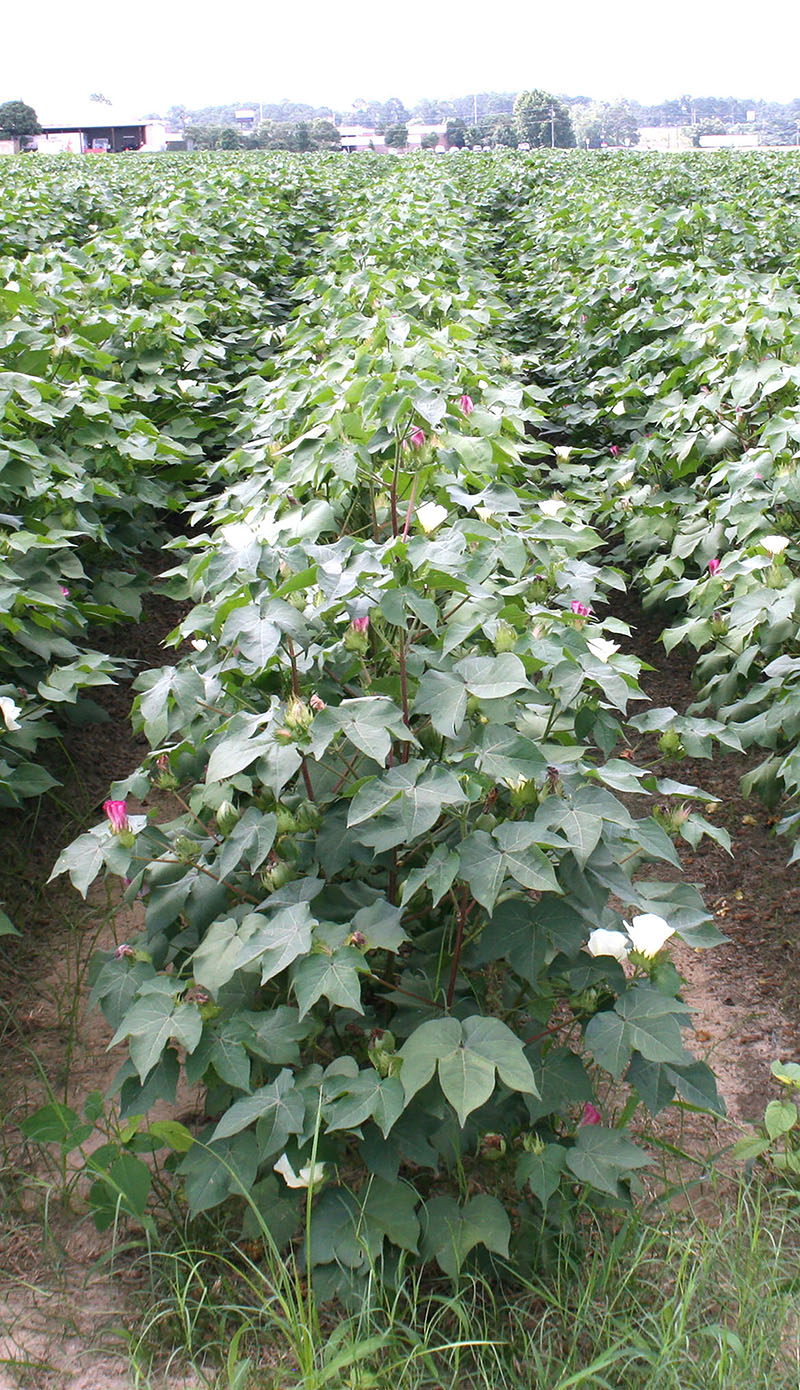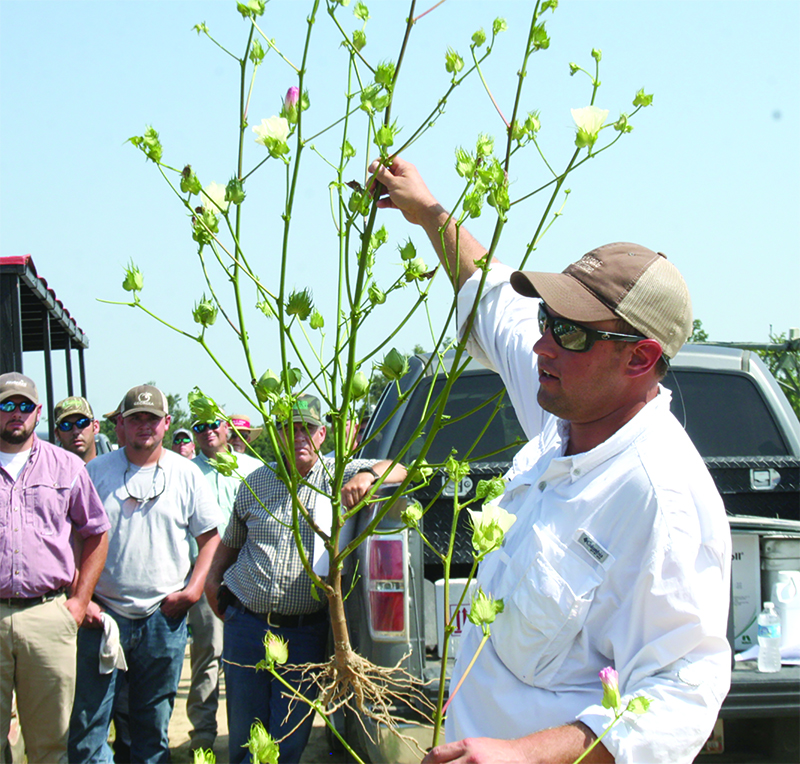 CAES News
CAES News
Midville Field Day
University of Georgia College of Agricultural and Environmental Sciences (CAES) researchers and Cooperative Extension agents and specialists will share current research on popular Georgia row crops at the 2018 Midville Field Day, set for Wednesday, Aug. 15, at the Southeast Georgia Research and Education Center in Midville, Georgia.

